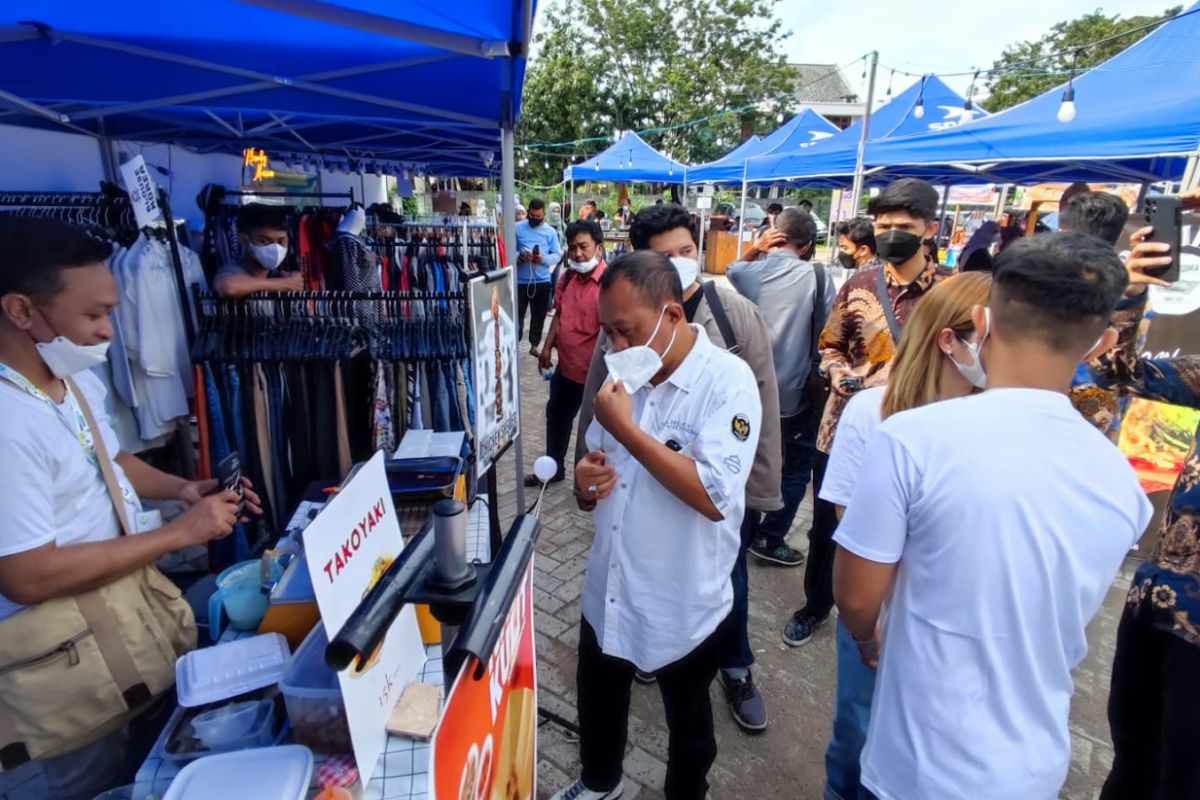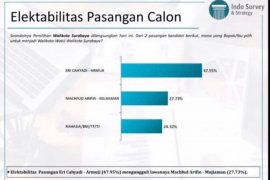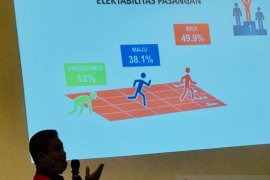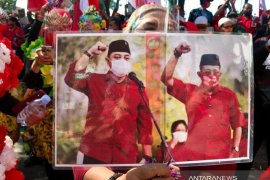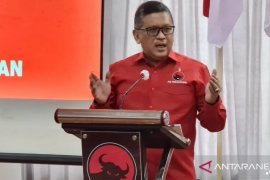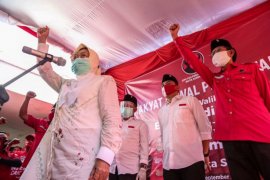Jakarta (ANTARA) - The Surabaya City Government, East Java, is running various programs to improve the capacity of human resources geared towards sustainable inclusive economic transformation.
Deputy Mayor of Surabaya Armuji stated that various prioritized work programs of Mayor and Deputy Mayor of Surabaya, Eri Cahyadi and Armuji, would be compiled in the Regional Government Work Plan for 2023. He delivered the statement in Surabaya on Saturday.
"Various work programs have been conducted, each of which is economic recovery that relies on MSMEs, labor-intensive programs and arrangement of tourist attractions, and improving the quality of education, health, and social services," Armuji elaborated.
He opined that in order to conduct economic transformation, the Surabaya City Government is also endeavoring to better instill local cultural values as well as encourage the participation of millennials in development of the creative economy.
The deputy mayor remarked that the Surabaya city government had made positive progress since the early days of the COVID-19 pandemic until the number of cases had declined.
The indicators of a decrease in the number of COVID-19 cases include economic growth, a reduction in the open unemployment rate, wherein it was 9.79 percent in 2020 and the figure fell to 9.68 percent in 2021, he stated.
"All of this is done by working together and focusing on (effective) policies. We cannot deal with the post-pandemic (situation) alone. There must be collaboration across sectors," he stated.
On the other hand, Armuji noted that in the last two years, the Gini ratio in Surabaya City was lower than the Gini index in East Java Province and at the national levels. Gini index is a tool that measures the level of inequality in the relative income distribution between residents in a region.
In 2020, the Gini index in Surabaya City was 0.344, the Gini index for East Java was 0.366, and the national Gini index was recorded at 0.385. In 2021, the Gini index in Surabaya was recorded at 0.34, the Gini index in East Java was 0.364, and the national Gini index was 0.381.
"If the Gini index gets closer to 0, then everyone receives relatively the same income as everyone else," he concluded. (*)


